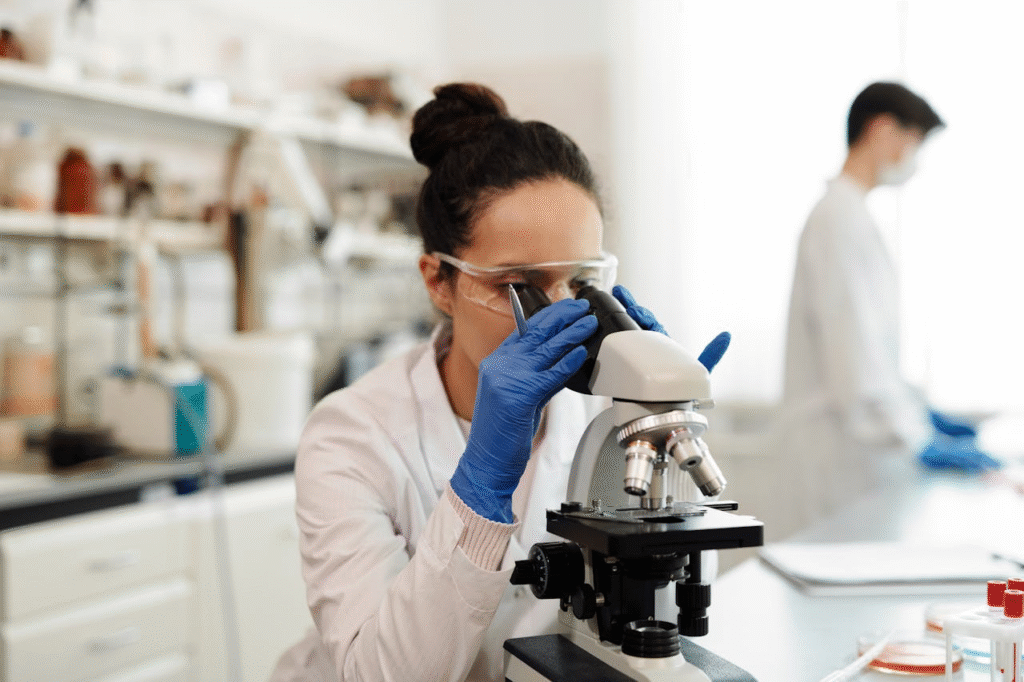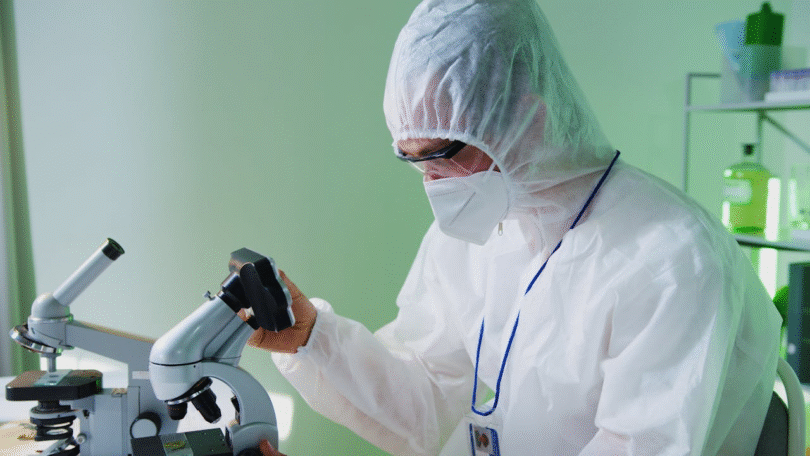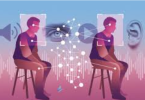Bioinformatics is booming. We use biology, computer science, and statistics to analyze complex biological data. Genetics, drug development, and customized medicine are advancing, necessitating the need for trained personnel.
Bioinformatics requires technical skills like writing and data processing. To develop in your career and become a leader, you need “soft skills” that help others collaborate and generate new ideas.
Bioinformaticians must improve their communication, teamwork, problem-solving, and flexibility to succeed in this fast-paced field. Bioinformatics is multidisciplinary and ever-changing; thus, these abilities are essential. They make crucial scientific discoveries using technological expertise.
Communication: The linchpin of interdisciplinary collaboration
You are the link between different areas of science in the field of bioinformatics. You can build that bridge by making sure that complicated data leads to clear, practical insights through effective communication.
Translating complexity
Translating often distinguishes junior analysts from team leaders. Clear communication becomes increasingly important as you move from academic guidance strategies to bioinformatics career paths. Bioinformaticians must convey complex biology and computing concepts to non-specialists. Scientists should comprehend how and why you acquired your results.
Eliminating jargon and establishing a consistent language ensures that all team members, regardless of expertise, can comprehend and contribute to results. Clarity fosters trust and prevents project-derailing misconceptions. It also keeps the team focused on scientific goals, making research more efficient and effective.
Data storytelling and visualization
Usually, raw data doesn’t say much on its own. You need to make those facts into an intriguing story. To achieve this, you need to be very good at showing facts visually.
You make your results useful and easy to understand by turning complicated information into simple, clear charts and graphs. A strong picture can show a key finding much better than words alone, whether it’s for a research paper, a lab meeting, or a conference presentation.
Active listening and gathering requirements
As important as it is to speak, listening is also important. A good bioinformatician listens to their colleagues to fully understand their study questions and goals before writing a single line of code.
This ensures that the computer analysis precisely aligns with the biological problem at hand. This keeps the work useful and stops time from being spent on the wrong questions.
Collaboration and teamwork: Fueling scientific advancement
A single person rarely makes bioinformatics breakthroughs. They come about when people with different skills and points of view work together to solve challenging tasks. Collaboration isn’t just a “soft skill”; it’s a key part of making progress in science and moving up in your job.
According to statistics, the size of the global bioinformatics market was assessed at USD 15.65 billion in 2024 and is expected to increase at a compound annual growth rate (CAGR) of 13.9% from 2024 to 2034, reaching approximately USD 57.51 billion.
Interdisciplinary team dynamics
- Experts from different fields, such as biologists, doctors, statisticians, and software engineers, work together on bioinformatics projects.
- Being able to work well with people from different fields—understanding their goals, respecting their knowledge, and combining your work with theirs—is a highly respected skill that improves science.
Networking and building professional relationships
- Science needs connections to grow. You can build a strong professional network by going to conferences, training, and joining professional groups.
- These connections are very helpful because they often lead to exciting new projects, job openings, and the chance to hear about cutting-edge ideas.
Constructive feedback and mentorship
- Being able to give and receive constructive comments is important for both personal and scientific growth. Giving good advice is as important as learning from others’ criticism of your work.
- A good place to work together includes having a mentor. By taking the time to help out more junior peers and asking more experienced researchers for advice, you can build a research community that is beneficial, knowledgeable, and strong.
Problem-solving and critical thinking: The analytical core of bioinformatics
A good bioinformatician is much more than just someone who can run scripts. They are also excellent at solving problems. Your ability to think critically, handle unexpected problems, and translate complex facts into biological significance makes you valuable.
This analytical way of thinking is what leads to new discoveries and moves your job forward.
An inquisitive and analytical mindset
- The most important thing you have is a strong analytical mind. To ask “why” and to discover the answer, you need to be curious and strict.
- This way of thinking is necessary for everyday jobs like fixing broken codes, finding and fixing inconsistencies in messy data, and asking yourself if your results are scientifically sound.
Creativity and innovation in a data-driven field
- It takes a lot of creativity to solve problems in biology. The most important workers don’t just follow established paths; they create new ones.
- A key driver of innovation, as well as an indicator of a standout in the field, is the ability to develop new methods for analyzing data or to cleverly adapt existing methods for use with new types of data.
Project management and strategic thinking
- To see the bigger picture, you need to strengthen your critical skills as you go along.
- It’s important to have skills like managing projects and thinking strategically. You must also meet deadlines, make smart research choices, and help your team or company reach its goals.
Adaptability and lifelong learning: Keeping pace with a rapidly evolving field
The only thing that stays the same in genomics is change. The tools, methods, and even the most fundamental scientific questions are constantly evolving.
To build a job that lasts and makes a difference, you need to be more than just knowledgeable. You need to be passionate about learning new things all the time.
Embracing continuous learning
The field of bioinformatics is characterized by rapid progress. It’s not just a plus to be committed to ongoing learning; it’s a must. New programming languages, software tools, and cutting-edge analytical methods are always being created, so you need to keep up with them to stay useful and effective.
Flexibility and versatility
Being able to pivot is important for long-term success in this area. New information can change the focus of a project quickly, or a new technology could make old methods useless. To get ahead in your job, you need to be able to handle new projects, research directions you’re not very knowledgeable about, and technologies that change the way things are done.
Curiosity as a driving force
The best bioinformaticians are curious. A love of biology and computer science drives exploration, experimentation, and learning. This intrinsic curiosity makes keeping up with the field a fascinating chance for new discoveries and professional advancement.
Integrating soft skills for a successful and impactful bioinformatics career
In conclusion, bioinformatics success requires more than technical skills. Long-term success requires the capacity to coherently convey complex ideas, interact in diverse teams, think critically to solve unique issues, and adapt to a changing field.
Programming and data analysis are the foundation, but soft skills make a bioinformatician a leader and innovator. You can turn data into discoveries, lead important projects, and advance science and medicine with these skills.

Source: Pexels
Bioinformatics will become increasingly important to biological research and healthcare, increasing the need for well-rounded professionals. Intentionally developing both technical and soft skills will secure a place in this exciting profession and equip you for a satisfying and influential career at the forefront of scientific discovery.








